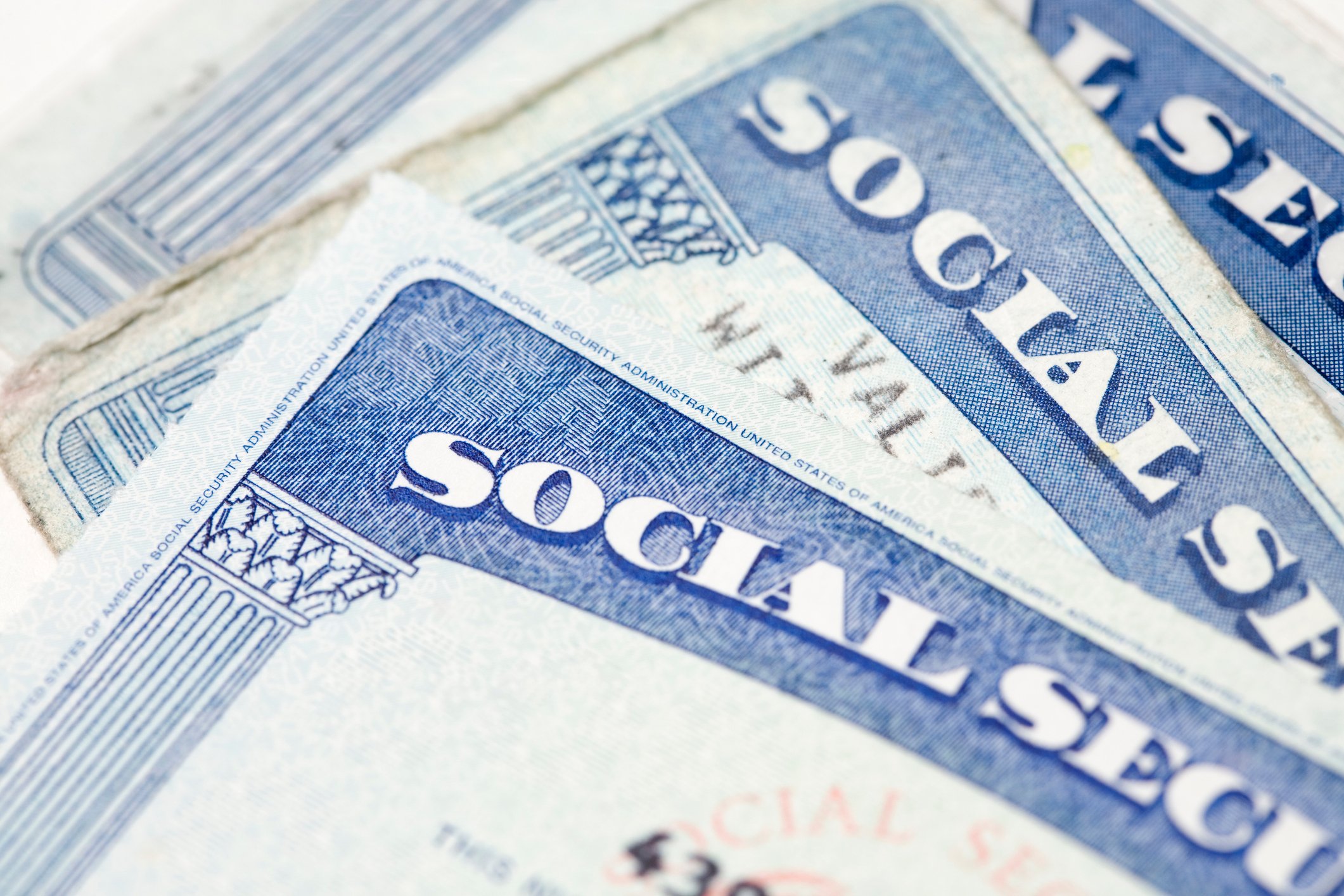Seniors who want to collect Social Security have an eight-year window in which to start claiming benefits. That period begins at age 62 and lasts all the way until age 70. (Technically, you don't have to file at 70, but as we'll get into in a minute, there's no reason to delay beyond that point.)
Smack in the middle of that eight-year window is full retirement age, otherwise known as the age at which you're allowed to collect the full monthly benefits your work history entitles you to. Your full retirement age is a function of your year of birth, and it's either 66, 67, or somewhere in between. However, it's not the most popular age at which to take benefits. Rather, that age is none other than 62.

IMAGE SOURCE: GETTY IMAGES.
The reason so many people file for Social Security as early as possible is that they want their money sooner rather than later. But the downside of filing at 62, or at any point before full retirement age kicks in, is that doing so results in an automatic reduction in benefits.
What sort of hit are we talking about? You can expect to lose about 6.67% of your benefits per year for the first three years you file early, and 5% a year after that. This means that if you're looking at a full retirement age of 67 but claim benefits at 62, you'll reduce your monthly payments by 30%.
So what happens if you jump the gun on Social Security by filing early, only to then start regretting your mistake? Thankfully, you don't need to resign yourself to a lifetime of lower monthly benefits. Rather, you can take a couple of key steps to remedy the situation.
1. Undo your benefits application
Maybe you were laid off from your job around your 62nd birthday, rushed to claim benefits because you were desperate for money, but got a great job eight months later that pays more than enough to cover your bills. Many people who take benefits early do so because of a pressing need for money, not because they're necessarily ready to retire. If you're in a position where you filed early but no longer need that cash, you have the option to get a do-over, so to speak, provided you meet these two criteria:
- You withdraw your application within 12 months of filing.
- You pay back every dollar in benefits you collected to the Social Security Administration.
Of course, not everyone has the ability to repay up to a year's worth of benefits. But if you're able to do so and then hold off on filing again, you'll collect a higher monthly payout for life.
2. Suspend your benefits
As stated above, you only have a year from your initial filing date to withdraw your application for Social Security. But if you decide after a year that you filed too early, there's another option available to you: suspending your benefits.
Once you reach full retirement age, you can suspend your benefits and accrue delayed retirement credits based on the amount you were collecting prior to that suspension. Those credits will give you an 8% boost in your benefit amount per year, up until age 70, at which point your benefits can no longer grow.
Now let's say you were initially entitled to a full monthly benefit of $1,500 at age 67, only you filed at 62 instead, thereby reducing your monthly payments to $1,050. If you suspend your benefits at 67 and wait until 70 to resume collecting them, you'll increase that $1,050 by 24% for a monthly total of $1,302, which you'll then be entitled to for life.
Of course, you'll notice that $1,302 isn't quite the same as the $1,500 you would've started out with by waiting until full retirement age. But it's a lot better than $1,050.
If you come to realize that you filed for Social Security too soon, don't panic. And if you haven't yet filed, think about whether that's a good idea before moving forward, especially if you're looking at taking benefits before reaching full retirement age. There are plenty of good reasons to start collecting Social Security early, but if you don't have one, it's a decision you may come to regret, despite the options above.





